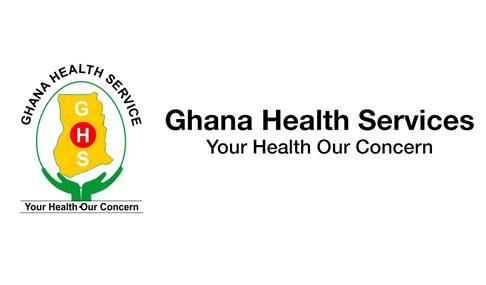Cases of dengue fever are still increasing in certain areas of the Eastern Region in Ghana, and as of July 17, 2024, there have been 45 confirmed cases across five districts.
The districts affected by confirmed cases are Birim Central, Achiase, Akyemansa, Birim South, and Birim North.
A total of 10 districts have reported suspected cases, including New Juaben South, Lower Manya Krobo, Fanteakwa North, Abuakwa North, and Kwaebibirem.
On July 17, 2024, health authorities have documented 34 new positive cases, bringing the total number of suspected cases to 229.
One health worker has contracted the disease, accounting for 2.2% of the total confirmed cases.
The Eastern Regional Public Health Emergency Operations Center (PHEOC) has been actively coordinating with the affected districts.
A joint outbreak investigation by national, regional, and district Rapid Response Teams (RRTs) is currently underway, and District Public Health Emergency Management Committees (PHEMC) have been activated.
The joint Regional RRT and National Team are providing on-the-ground support in affected districts. Meetings have been held with District Chief Executives (DCEs) and local Chiefs in Birim Central, Birim South, Achiase, and Akyemansa to improve local coordination.
New districts with suspected cases have been directed to activate their District PHEOCs to handle the outbreak.
Suspected cases are described as individuals with acute febrile illness lasting 2-7 days with at least two of the following symptoms: headache, retro-orbital pain, myalgia, arthralgia, rash, hemorrhagic manifestations, or leucopenia.
Furthermore, any individual diagnosed with malaria who has completed a three-day course of antimalarials and is still unwell is also considered a suspected case.

The Ghana Health Service stipulates that confirmed cases necessitate laboratory confirmation, including positive IgM antibody, a rise in IgG antibody titers, positive PCR, or viral isolation.
Out of 229 cumulative suspected cases, 138 lab results have been received. Of these, 45 are positive, 93 are negative, and 91 results are still pending.
Health authorities are closely monitoring the situation to prevent further spread of the disease and to provide essential care to those affected.


